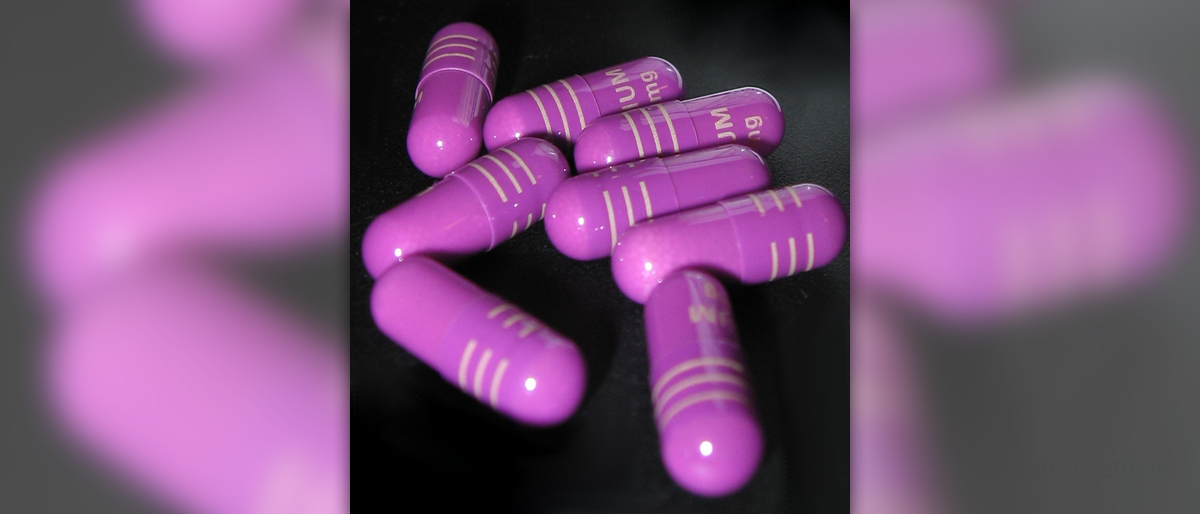
Useful Info about Nexium
Nexium or esomeprazole is one of the proton pump inhibitor drugs (or PPIs). It works by inhibiting an enzyme in the stomach, thus reducing production of stomach acid.
This medication is therefore found to be very efficient for the treatment of medical conditions such as: GERD (gastroesophageal reflux disease) and Zollinger-Ellison syndrome (which include excess level of gastric acid). For the people treated with non-steroidal anti-inflammatory drugs (NSAIDs) like ibuprofen or Aspirin, doctor might also prescribe Nexium, because there is a possibility to develop gastric ulcers. Stomach ulcers caused by the infection of bacterium Helicobacter pylori might also be prevented if the patient is taking Nexium. Erosive esophagitis is the condition in which stomach acid causes damage to the esophagus, and this condition is also one of the indications for the use of Nexium.
How to Use Nexium
This drug should be used exactly as your doctor prescribed it to you. Don’t use more or less of the medication and never prolong or shorten the treatment, without prior consultation with your doctor. It is very important to use Nexium for the time it was prescribed to you, although you might be feeling better after a while. Your symptoms may have disappeared, but Nexium should be taken as recommended by your doctor, to cure the medical condition.
Usually, Nexium is prescribed to be used for 4 to 8 weeks, and some cases need a second course of treatment. Each dose is to be taken with a glass of water, at least one hour before the meal.
There are also some delayed-release capsules of Nexium, and these can be sprinkled over some applesauce of pudding and swallowed without chewing. If you can’t swallow a capsule that’s the way you can use Nexium capsules. However, do not save the mixture for later and throw away empty capsule. Additionally, Nexium can be given through nasogastric feeding tube, using a 60ml syringe and 50ml ofwater.
Possible Adverse Effects
Nexium might increase the risk of bone fractures in people over 50 years of age, or those using the drug for a long period of time.
Pregnant women and breastfeeding moms should not take this drug without consultation with their doctor. Nexium is in the B category of the FDA pregnancy list, meaning that it is not expected to harm unborn child, but it is not known if it passes into breast milk.
Overdose of Nexium could cause headache, drowsiness, confusion, vision problems, sweating and flushing. Shortness of breath, coordination difficulties and seizures can also be expected in these patients. Call emergency or the Poison Help line if you experience these symptoms.
Nexium should not be used by people allergic to benzimidazole drugs, such as esomeprazole, albendazole or mebendazole. Patients with serious liver problems usually need to take adjusted dose or have some special tests to use the drug safely.
In some cases symptoms of the heartburn might be mistaken for heart attack. If you experience chest pain, spreading to your arm or the shoulder, sweating and nausea, you should call for urgent medical help.

















Your thoughts on this
Loading...